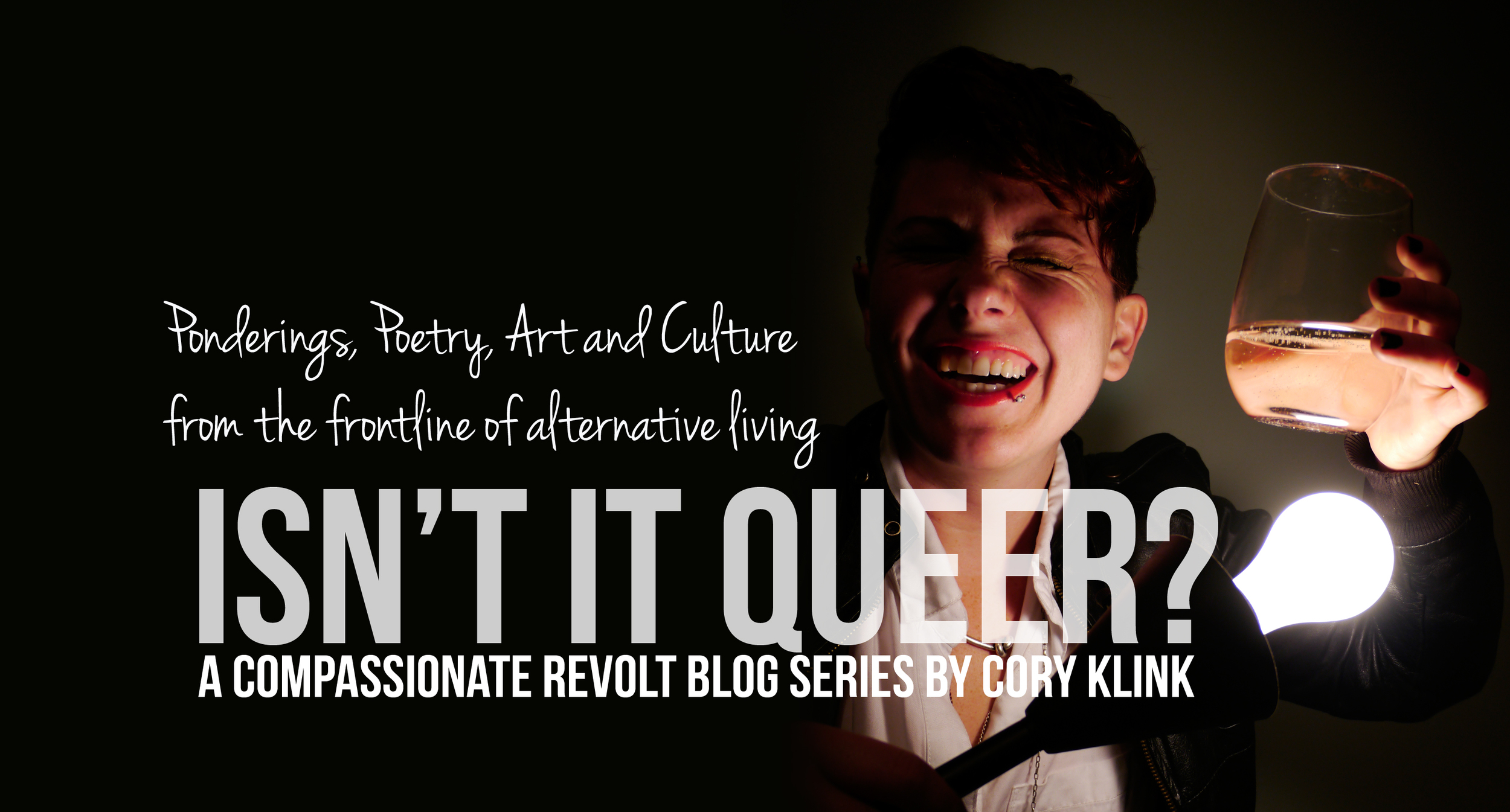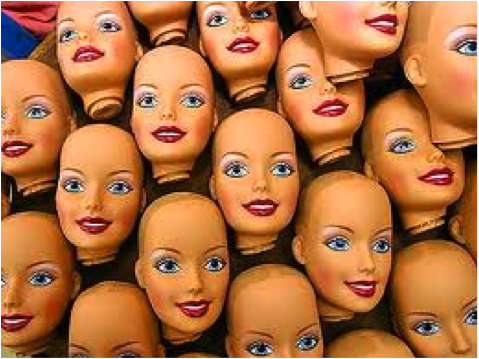 Like a River Runs
Like a River Runs
When I fall asleep I can see your face What I lost in you I will not replace And I could run away, I could let them down And I know you're gone but still I will remember your light
I will remember And if you see me in the darkness I hope you know I'm not alone I carry you with every breath I take I won't let up, I won't let up Until the wind is gone
-Bleachers
Growing up, death was a rarely discussed topic in my family. I was five when both of my Grandpas passed away, a few months of each other, and the only lasting memories I have of that point in my life is the unfamiliar image of seeing my parents cry. Back then I was too young to understand death’s unparalleled force or the vast hole it leaves in each person’s life. For the longest time, I thought of it as some unknown entity scary enough to make adults cry like children.
In the last year, parts of my childhood have been falling away. I’ve said goodbye to both of my Grandmas (who were my only remaining grandparents), two of my best friends from high school each lost a parent, Tinkerbell and Kaile (family pets who represented two significant stages of growing up) passed away, and most recently I sold the Honda.
I know as an adult, death and loss will become more commonplace, but these are strange reminders of how removed I am from my youth. I sometimes don’t recognize myself when I look in the mirror. I feel like I’m changing without my own consent, as if parts of me are unintentionally disappearing as I unravel.
A few weeks ago, I heard the Bleachers’ Like a River Runs EP on Spotify. The last track was titled “Dreams Aren’t Random,” which turned out to be an interview with singer Jack Antonoff and his therapist about the inspiration behind the album. He explained that the title track “Like a River Runs” refers to a recurring dream about his sister, who passed away when he was 18. He recounted how they’re not doing anything specific in it, but there’s a vague feeling everything is okay. “There’s this period of time [...] where it’s probably, in reality, only five seconds, but it feels like a thousand years. Right as I’m leaving the dream and right as I’m fully becoming conscious that I’m in reality and in that five seconds [...], I’m in reality, but she’s not dead. And it’s the most powerful experience ever.”
There are significant moments in our lives that define us. Whenever I do something, whether it’s playing the guitar or even drinking a glass of water, I do so as someone who has lost their Grandmas. This feature, Antonoff also explains, is as permanently defining as something like ethnicity. “And in those split five seconds in my dream, I’m not that,” he adds. “So it’s like I’m literally a completely different person.” His therapist explains that in these dreams, he’s transporting himself back into this moment where she’s still alive and he’s traveling back to who he was before her death defined him. As a kid, I also moved through the world with a lightness in my step. My sadness was often situational and short lasting, like the single colored disappointment of being called inside for dinner while I was mid-bike ride in the neighborhood.
In the weeks after Grandma Kaneshiro passed away, I used to see her in my dreams. A few months ago, she started visiting me again. I remember one dream where I was running through a big field in order to meet someone nearby. There was an adjacent building where people began filing out and walking through the field to get back to their cars. They traveled in pairs and groups, swept up in their conversations as if everyone had just come out from seeing the same movie. I zig zagged through the crowd and spotted my Grandma ahead walking with another woman. She must have said something funny because my Grandma was mid-laugh by the time I reached her. In this moment, my Grandma was still alive. I was bouncing around, excited for my plans, and leapt forward to surprise her when she spotted me. The interaction was quick, as if we had plans later. She told me, “Hi, Kristel!” in that same way she always does and I responded with “Hi, Grandma! I’ll see you later!” as I ran through.
I know my grief has changed me and that the people who meet me now will never know the person I was before my Grandmas passed away. Recently, I had a conversation with my mom about the strangeness of our lives now. She told me, “It’s like life appears the same on the outside, but the base fell out.”
The question I find myself asking these days is one I have no answer for yet: how do we re-define ourselves when we’ve experienced loss?
Some think grieving is a process that has a distinct beginning and end, as if our lives are suddenly resumed when we decide it’s time to move on. The experience, however, adheres to no neat timeline. Nothing quite prepares you for it and no one can really tell you how to move through it, and yet it’s a universal experience.
The other day I showed a friend of mine a picture of Grandma Yoneda from the 1940s and she said I had her smile. I suddenly remembered how people used to tell me we looked alike when I was growing up. There’s an old picture of us on my fridge and I never realized until now how the curve of my chubby cheeked half-smile reflects hers. Now when I look in the mirror, I see her too. When my Grandmas make appearances in my dreams now, I try to hold onto that distinct feeling of being with them.
Grief is a cavernous and transformative process, but it also illuminates, in time, the unexpected ways we remain tethered to those we’ve loved and lost. Our dreamspace allows us to process the parts we have difficulty accessing in our waking lives. It opens us up to the possibility of being connected in places we can and cannot see, with the hope we’ll one day recognize these unique and beautifully permanent imprints within ourselves.
This week’s playlist is about our journeys and those we carry with us through our lives. Grandma Kaneshiro and Yoneda, please visit again soon. spotify:user:compassionaterevolt:playlist:4JRsk3KUigqsfLBNXStJL1 ----------
Kristel is a sometimes angsty writer from Hawaii who now lives in Los Angeles, CA. She claims she’s a Marketing Director at web design agency, but she spends most of her day in front of the computer while wearing pajamas.
Musical Temperance is her small attempt at creating the perfect soundtrack to help her survive an extended quarter-life crisis. Additional musings and playlists can be found at kristelyoneda.com.











